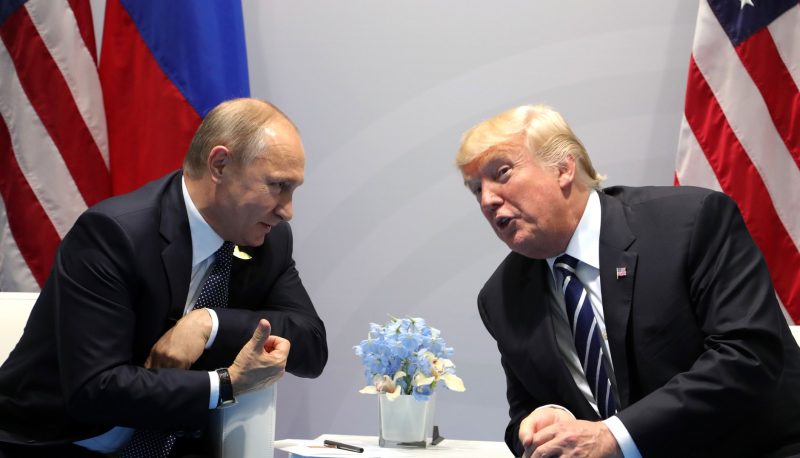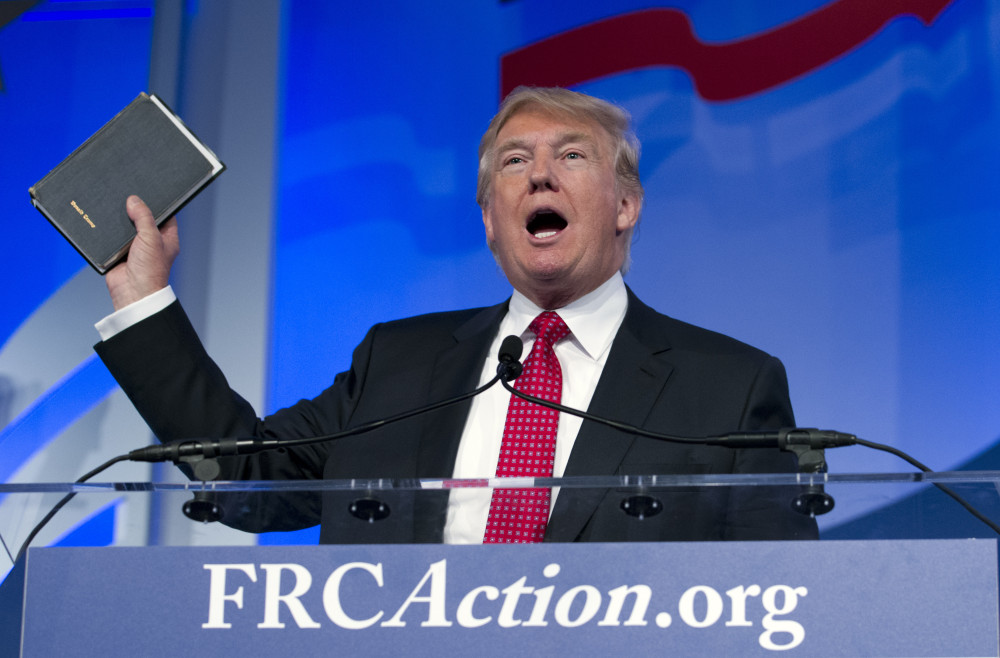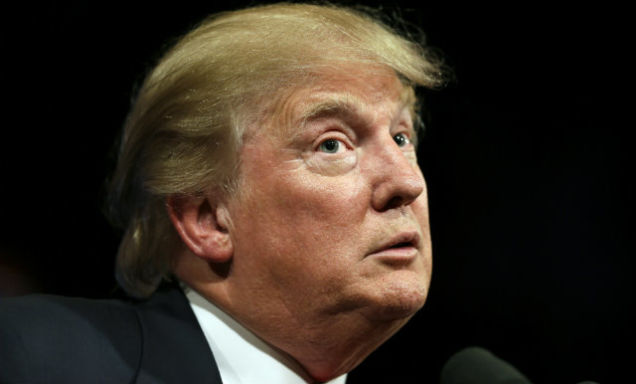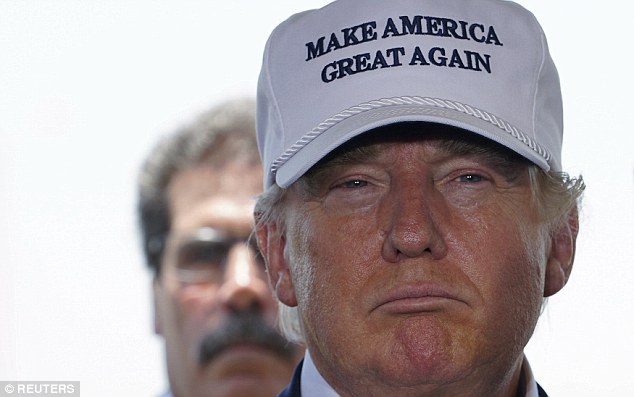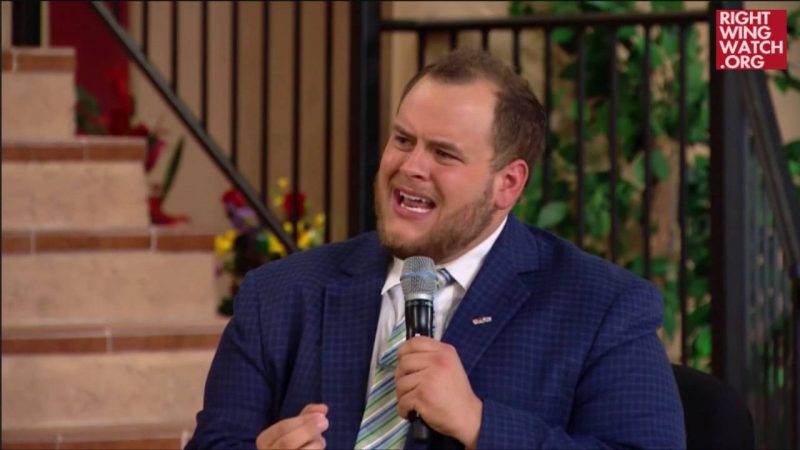On Friday, The New York Times’ Jeremy Peters explored how the conservative movement’s widespread “veneration” of President Vladimir Putin of Russia has provided cover for President Trump as he faces allegations of collusion with Russia in his presidential campaign.
Peters writes:
Mr. Putin is no arch-villain in this understanding of America-Russian relations. Rather, he personifies many of the qualities and attitudes that conservatives have desired in a president: a respect for traditional Christian values, a swelling nationalist pride and an aggressive posture toward foreign adversaries.
In this view, the Russian president is a brilliant tactician, a slayer of murderous Islamic extremists — and not incidentally, a leader who outmaneuvered and emasculated President Barack Obama on the world stage. And because of that, almost any other transgression seems forgivable.
While Peters focused on comments from conservative commentators like Rush Limbaugh and Pat Buchanan, it is the Religious Right that has in large part helped bring admiration for Putin into the conservative mainstream.
It’s no coincidence that as Trump faced the most damaging revelations yet about his campaign’s interactions with people connected with the Russian government, he invited a group of adoring Religious Right leaders to pray over him in the Oval Office and then sat down for a softball interview with Pat Robertson.
As journalist Casey Michel noted in a report for Right Wing Watch earlier this year, “Since he returned to the presidency in 2012, Putin has made a concerted effort to establish his country as a center for religious, especially Christian, conservatives throughout the world, most notably for those who oppose any legal or public support for same-sex relationships.” The Religious Right in the U.S. took notice, especially as Putin began to crack down on LGBT rights, including imposing a ban on gay “propaganda.”
We summed up some of the praise a couple of years ago:
Evangelist Franklin Graham hailed Putin as a hero for taking “a stand to protect his nation’s children from the damaging effects of any gay and lesbian agenda” even as “America’s own morality has fallen so far on this issue”; Bryan Fischer called Putin a “lion of Christianity” and called upon U.S. lawmakers to adopt similar speech prohibitions; Matt Barber marveled that Putin was able to “out-Christian our once-Christian nation”; Sam Rohrer called Putin “the moral leader of the world”; Scott Lively lavished praise on Putin for “championing traditional marriage and Christian values”; and Rush Limbaugh applauded Putin for stopping “a full-frontal assault on what has always been considered normalcy.”
Officials with the World Congress of Families have lauded Putin as a savior of the entire world. The group organized a meeting for conservative activists at the Kremlin, which also played host to Brian Brown of the National Organization for Marriage, who traveled to Russia to defend the country’s anti-LGBT crackdown in face of a Western “attempts to silence those of us who stand for the truth of marriage.”
Brown’s new International Organization for the Family is also relying on the support of Putin-allied funders and legislators in Russia.
These activists, perhaps blinded by their admiration for Putin’s anti-LGBT policies and rhetoric, have been conspicuously quiet about the Russian leader’s attacks on religious freedom, including that of evangelicals.
The Religious Right played a key role in cultivating an image of Putin as a pious and manly anti-Obama; already inclined to turn a blind eye to the president’s shortcomings, these activists are unlikely to see a cozy relationship with Putin and his representatives as a cause for concern.




